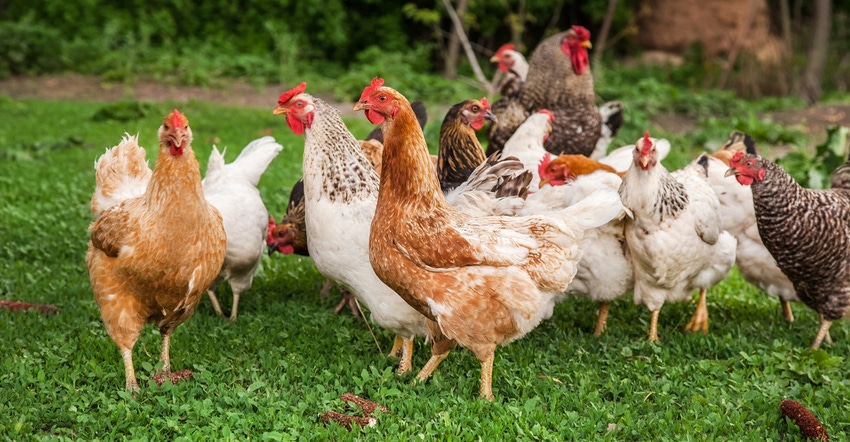USDA provides additional $502 million to fight HPAI
Virus is still prevalent in many parts of the world.

The U.S. Department of Agriculture (USDA) recently announced it is providing an additional $502 million under the Animal Health Protection Act to the Animal and Plant Health Inspection Service (APHIS) to prepare for potential additional detections of highly pathogenic avian influenza (HPAI) in the United States.
USDA said it continues to successfully combat HPAI in the United States, with no additional cases of HPAI in commercial poultry since April 19, 2023. However, HPAI is still prevalent in many parts of the world and in wild bird populations and the threat remains high.
“This funding transfer will ensure that USDA can continue to stay on top of this outbreak and be ready to respond if detections increase,” the agency said. During the 2022/2023 HPAI outbreak in the U.S., nearly 59 million birds were affected by the virus.
Previously, USDA has invested more than $793 million in emergency funding to respond to this outbreak by implementing quarantine restrictions, depopulating affected flocks, disposing of depopulated birds, cleaning and eliminating the virus from affected premises, and conducting surveillance in surrounding areas.
Implementing strict biosecurity measures continues to be critical for all bird owners. For more biosecurity information, visit the APHIS Defend the Flock program.
HPAI is a serious disease and requires rapid response because it is highly contagious and often fatal to poultry. APHIS and officials from affected states are responding in accordance with federal and state HPAI response plans, which include implementing quarantine restrictions, depopulating affected flocks, disposing of depopulated birds, cleaning and eliminating the virus from affected premises, and conducting surveillance in surrounding areas.
USDA continues to encourage bird owners to work to ensure domestic birds do not come into contact with wild birds, and keep poultry confined inside during this high-risk period of migratory bird activity. “We also encourage bird owners to limit traffic on and off your farm and use personal protective equipment and disinfection when caring for birds to avoid introducing HPAI,” the agency said.
APHIS has a variety of biosecurity resources available here.
About the Author(s)
You May Also Like





